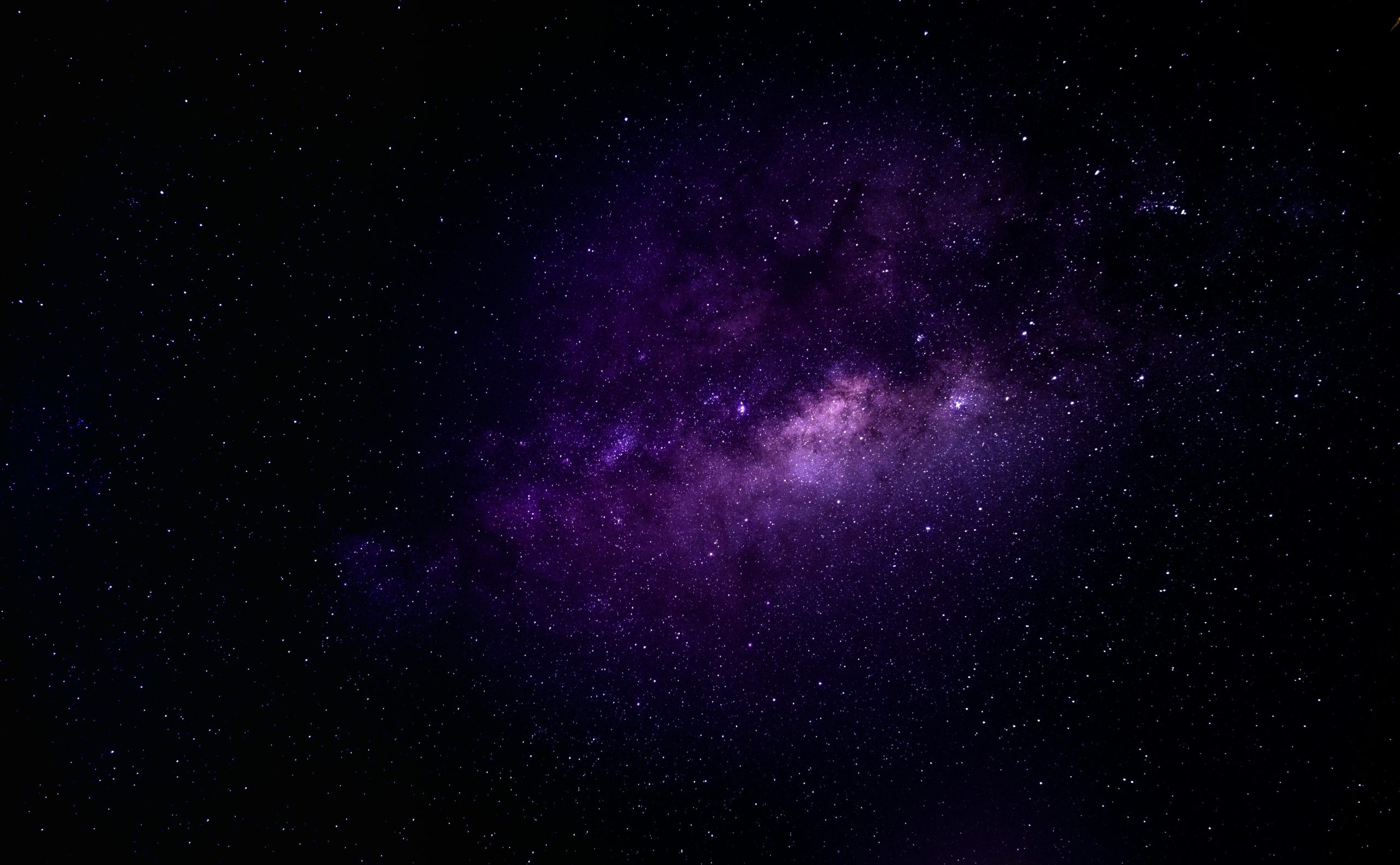The universe is a vast, mysterious expanse filled with wonders that defy human imagination. From mind-bending cosmic phenomena to bizarre celestial objects, the cosmos never ceases to amaze. Whether you’re a seasoned astronomy enthusiast or just curious about the unknown, these strange and fascinating facts about the universe will leave you in awe.
The Universe Is Expanding Faster Than We Thought
One of the most mind-blowing discoveries in modern astronomy is that the universe is not just expanding—it’s accelerating. Scientists first observed this phenomenon in the late 1990s, and it remains one of the biggest mysteries in cosmology. The force behind this acceleration is called dark energy, an invisible and poorly understood energy that makes up about 68% of the universe.
What’s even stranger is that galaxies are moving away from each other at speeds that increase with distance. Some distant galaxies are receding faster than the speed of light, meaning we’ll never see them again. This expansion could eventually lead to a “Big Freeze,” where the universe becomes too vast and cold for stars to form.
Black Holes: The Universe’s Ultimate Mystery
Black holes are among the most enigmatic objects in the cosmos. These regions of spacetime have gravitational pulls so strong that not even light can escape them. But did you know that black holes can sing? In 2003, astronomers detected sound waves emanating from a supermassive black hole in the Perseus galaxy cluster—a deep, eerie hum caused by pressure waves rippling through hot gas.
Another bizarre fact is that black holes can theoretically warp time. Due to extreme gravity, time near a black hole slows down significantly compared to the rest of the universe. If you could orbit a black hole and return to Earth, you might find that centuries have passed while you experienced only a few years.
Neutron Stars: The Densest Objects in the Universe
When massive stars explode in supernovae, they can leave behind neutron stars—tiny but incredibly dense remnants. A single teaspoon of neutron star material would weigh about 6 billion tons on Earth. These stars spin at astonishing speeds, with some rotating hundreds of times per second, emitting beams of radiation that we detect as pulsars.
Neutron stars also have mountains—tiny imperfections on their surfaces—but these “mountains” are no taller than a few millimeters. Given their immense gravity, even these minuscule bumps create ripples in spacetime known as gravitational waves.
The Great Attractor: A Cosmic Mystery
Our Milky Way galaxy, along with thousands of others, is being pulled toward an unseen force called the Great Attractor. Located about 150 million light-years away, this gravitational anomaly is hidden behind the plane of our galaxy, making it difficult to study. Scientists believe it could be a massive concentration of dark matter or a supercluster of galaxies exerting an irresistible pull.
Even stranger, the Great Attractor itself is being drawn toward something even larger—the Shapley Supercluster, one of the most massive structures in the observable universe. This cosmic tug-of-war reveals just how little we understand about the large-scale structure of the cosmos.
Quantum Entanglement: Spooky Action at a Distance
Albert Einstein famously called quantum entanglement “spooky action at a distance,” and for good reason. This phenomenon occurs when two particles become linked, so that the state of one instantly influences the other, no matter how far apart they are—even across billions of light-years.
Scientists still don’t fully understand how this works, but experiments have confirmed that entangled particles remain connected in ways that defy classical physics. Some theories suggest that quantum entanglement could be the key to unlocking faster-than-light communication or even the true nature of spacetime itself.
The universe is a place of endless wonder, filled with phenomena that challenge our understanding of reality. From the accelerating expansion of space to the eerie hum of black holes, these strange and fascinating facts remind us just how much we have yet to discover. As technology advances and our knowledge grows, who knows what other cosmic secrets await us in the vast, uncharted reaches of the universe?
